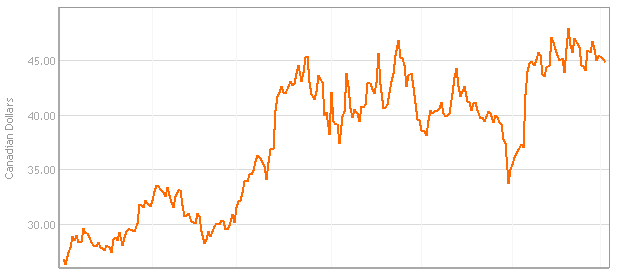Blogs are becoming more and more influential in marketing today. Our textbook confirms it, Lea confirms it, and bloggers confirm it (although it’s in their best interests to do so). And while bloggers are gaining more and more power, so are video bloggers, a.k.a. vloggers. There are now vloggers on Youtube whose full-time jobs are to make videos, and they are not underpaid.
While vloggers’ success is ultimately determined by the content of their videos, it seems that the bigger they get, the more their marketing efforts centre around shameless self-promotion. This is ironic, as the popularity of vloggers is largely due to the relationships that they try to build with their audience, and the value that they deliver. Yet as they grow, they move towards pushing content onto their audience rather than pulling them in through valuable insights.
An example of this is popular vlogger Philip DeFranco. Take a look at today’s video from him, where the first and last 45 seconds of the video are dedicated to self-promotion. The video is only 7 minutes long.
https://www.youtube.com/watch?v=MgjddznVut0
And while Philip DeFranco may have one of the most popular vlogs out there, he is not even the worst regarding self-promotion. Video game vlogger WhiteBoy7thst (https://www.youtube.com/whiteboy7thst) is notorious for dedicating two thirds of his videos to self-promotion.
Since vloggers are paid based on views on Youtube, it is in their best interests to get as many subscribers as possible. This means that as soon as they receive that highly-coveted Youtube partnership that allows them to get paid for their videos, there is self-imposed pressure for them to increase their subscriber base by promoting themselves whenever possible. Is it their fault for trying to maximize profit, or is it Youtube’s fault for commercializing individual user accounts?
In any case, the result is that instead of feeling informed, many viewers of large vloggers feel exploited.






